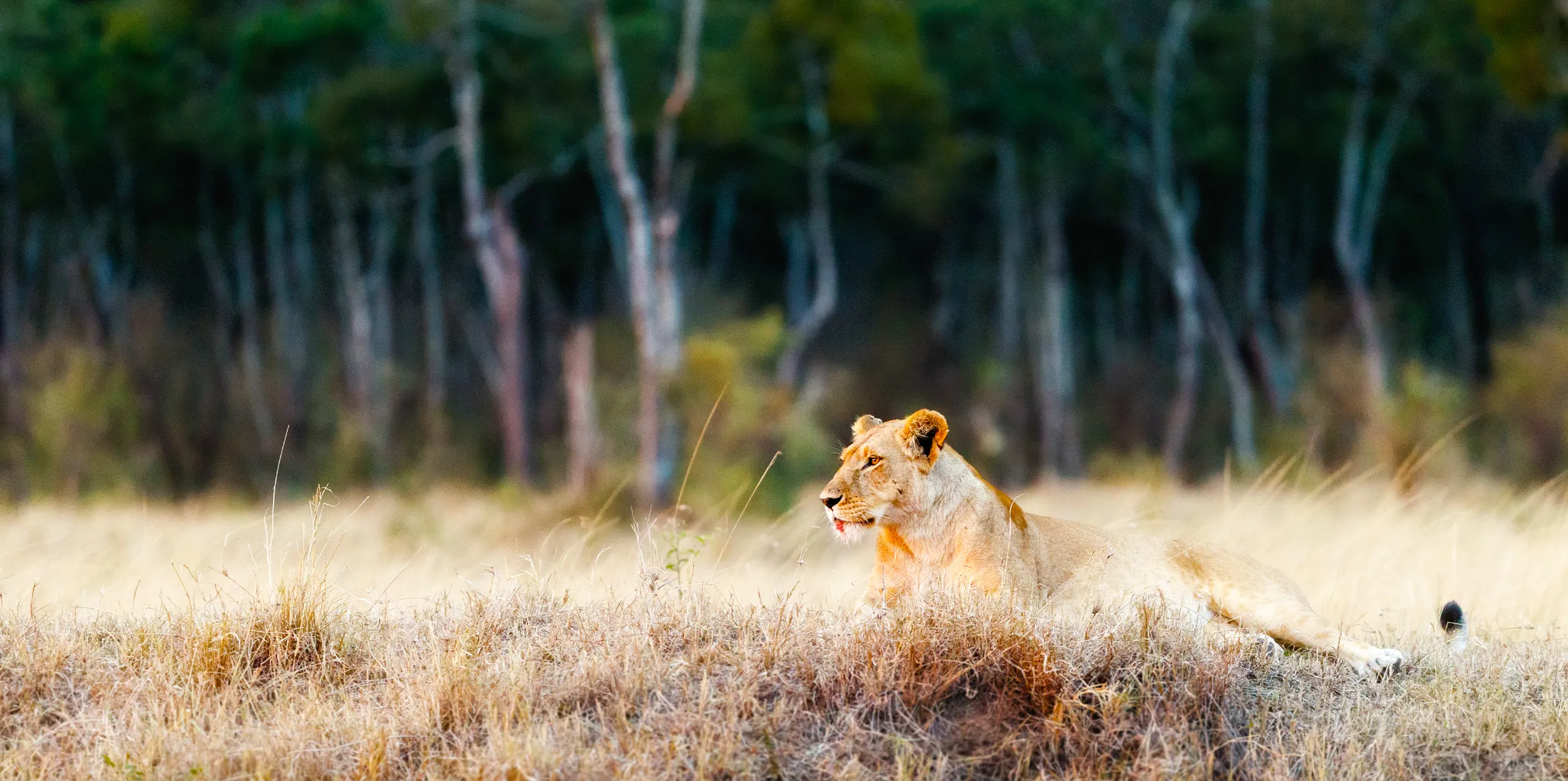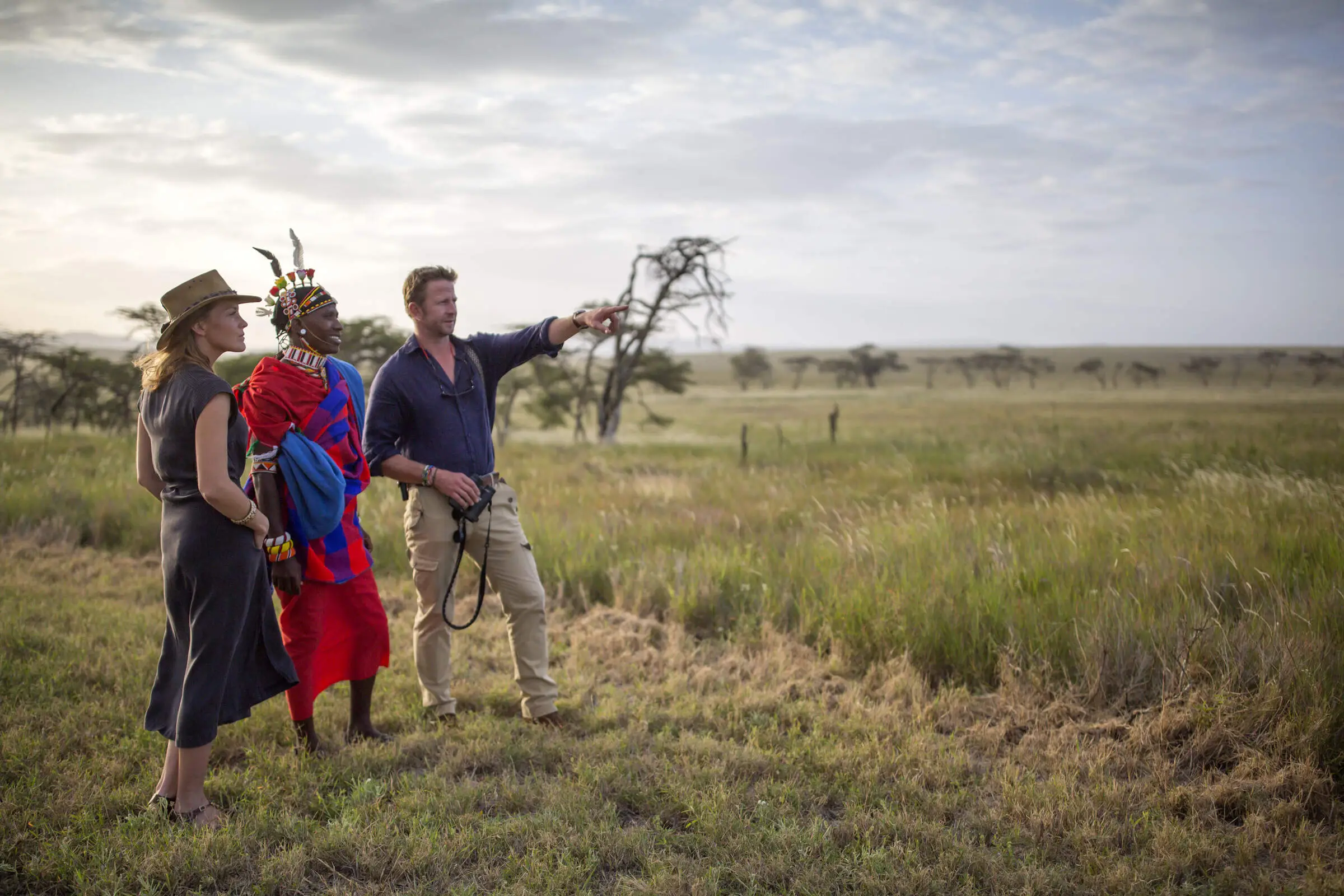

You will require a passport valid for at least six months after your date of entry. If you are arriving from a country in which yellow fever is endemic (such as Kenya), you will require an immunisation certificate or health card. Citizens of the UK, the US, Canada, Australia, and most countries in the EU need a tourist visa to enter Tanzania. Application details and forms can be found on the Tanzanian Embassy website. As with all Tanzania Visa matters, contact your local Tanzanian Embassy for the latest information.
Yes, Tanzania is typically regarded as secure for travellers, particularly those visiting popular safari areas and tourist destinations. As with any international vacation, it's critical to be aware of your surroundings and take basic travel precautions. The majority of visits are trouble-free, and local people are pleasant and inviting, as tourism is important to the country's economy.
For additional Tanzania travel safety, it is recommended to:
All the Tanzania National Parks, lodges, and safari circuits are well-maintained and secure, with staff trained to help international visitors. Travellers may enjoy Tanzania's wild animals, culture, and landscapes with confidence if they plan ahead of time and seek local help.
The currency used is the Tanzanian shilling. MasterCard and Visa are widely accepted, and many ATMs are dispensing local currency throughout the country.
It’s safe to say that Tanzania can be enjoyed at any time of the year. Still, the Best Time to visit Tanzania is from June to October, which is the dry season. While the grass is thin, it's easy to watch wildlife drinking water around permanent water resources.
Then, there are sporadic monsoon seasons (April through May and November), but this can be a birdwatcher’s dream if you’re planning a birding safari!
We offer all our Tanzania Safari Tours throughout the remaining months of the year to allow you the best opportunity to see Tanzania’s glorious variety of wildlife.
Tanzania Vaccination requirements occasionally change. We recommend you speak to your doctor or local health department for the latest information on any health precautions or requirements.
Generally, we would recommend taking shots against both yellow fever and cholera. As an extra precaution, take anti-malaria drugs before, during, and after your time spent in East Africa. If you are on any prescription medication, ensure that you bring an adequate supply to last the duration of your stay and a copy of your prescription(s).
The short answer is yes. Travelling in any part of the world has its risks, and coming to places like Tanzania is no exception. It’s always a good idea to ensure you are covered for any type of emergency, and here we’ve broken down the specifics on Climbing Kilimanjaro and what type of insurance you will need.
In your insurance policy, you must make sure it covers helicopter evacuation. You must also ensure it covers the costs of flying home should you miss your scheduled flight due to accident, injury, illness, or some unpredictable bad luck.
Your Tanzania Travel insurance must specifically include cover for you to climb up to 6000 meters and also protect against the ‘standard’ travel dangers including baggage delay, loss of personal items, etc.
Please read every policy carefully before purchasing, especially the small print as some policies may have exemptions or fine print that would make your insurance void.
Dress as comfortably as you can. It is often warm on the plains and at lower altitudes but cold in the hilly and mountainous areas; a rain jacket, fleece, and good quality walking shoes/boots are essential.
See our Tanzania Safari Packing List for a detailed list of items you need to bring for your safaris!
Word of advice: light or neutral colours are best worn on safari, as tsetse flies are attracted to dark colours.
A Tanzania Safari can be enjoyed from 2 days to 5 days, depending on the time you have in the area and the locations you wish to visit.
All of our safari tours have unique highlights. We recommend taking a look at each of the tours and seeing which one suits you the best but remember, the more time you spend on safari, the richer the experience you’re going to have!
Our safari guests are accompanied by licensed guides. All of our certified, English-speaking safari guides are experts in their fields.
Each one of our guides has a wealth of knowledge and experience in the areas we visit, the animals we see, and, of course, creating unforgettable experiences with the guests who join us on a Tanzania Safari!
The Best Time to see the Migration in Tanzania is normally January–March and June–August. We recommend booking as far in advance as you can, as it’s a spectacular sight and, in turn, very popular.
But don’t worry, if you can’t make it to see the migration, there is a wealth of wildlife to see all year round as the areas we visit are permanently home to over 25,000 mammals (lions, baboons, elephants, rhinos, etc.) and over 500 bird species.

It is a long established fact that a reader will be distracted by the readable content of a page when
We use equipment of international standards & our guides are trained in First aid & personal protection equipment
We use equipment of international standards & our guides are trained in First aid & personal protection equipment
We use equipment of international standards & our guides are trained in First aid & personal protection equipment
Our travel guide is made to save you time. It points you to the right parks, climbs, and activities, while sharing tips only locals know. Your dream Tanzania trip starts with good information, and we’ve put it all together for you.
We believe travel should never feel like a template. That’s why we design each safari or climb with you in mind. Whether you dream of quiet mornings by the crater rim or standing on Africa’s highest peak, we make it happen. Every route, lodge, and experience is chosen to fit your idea of perfect travel.